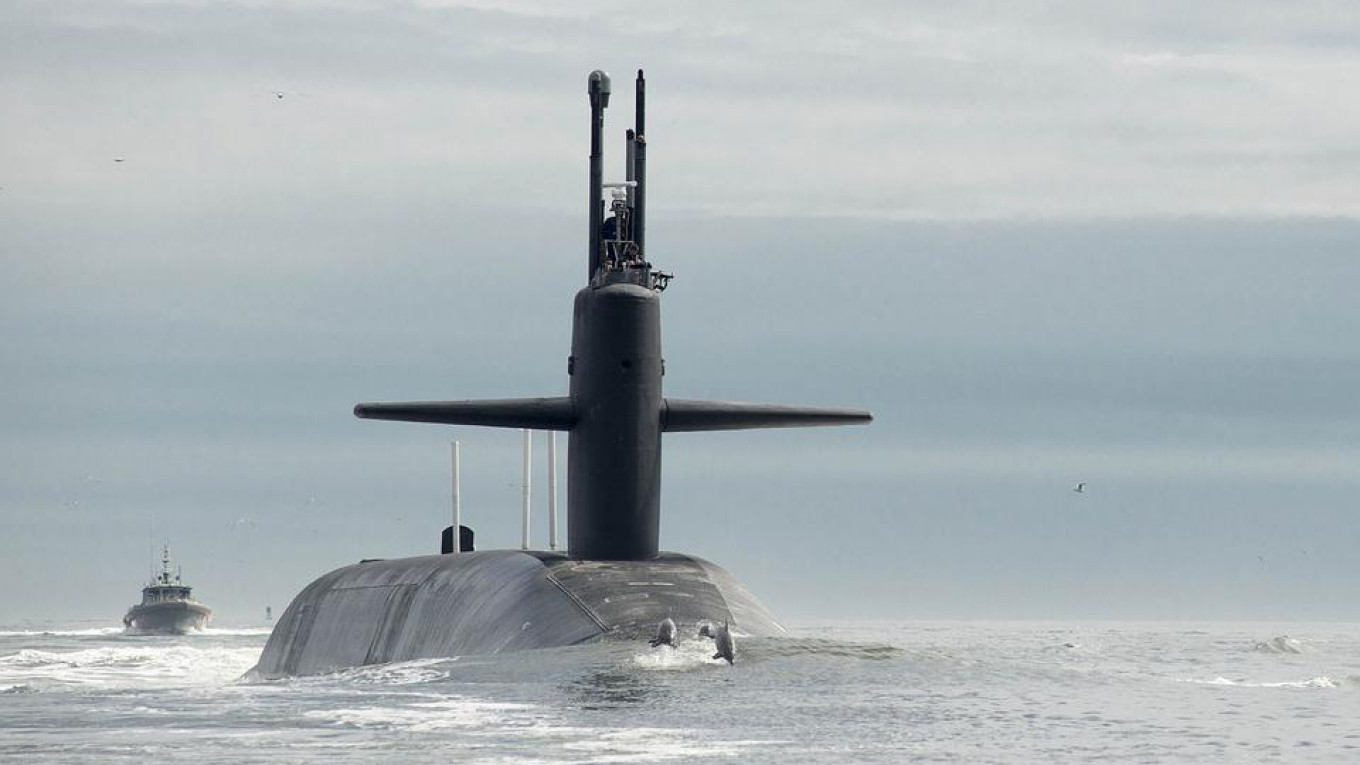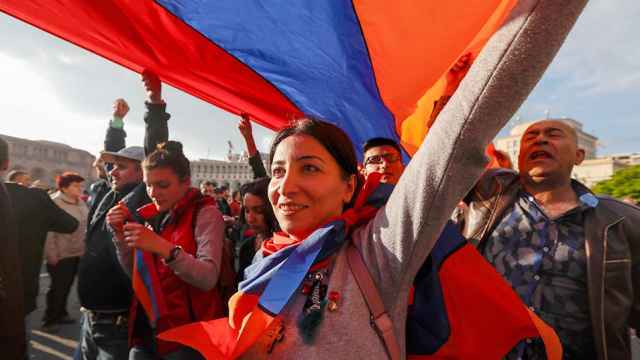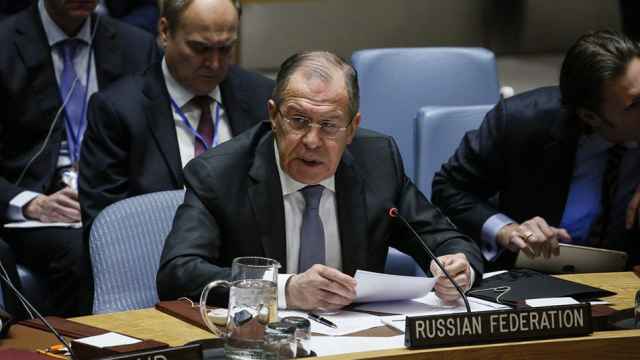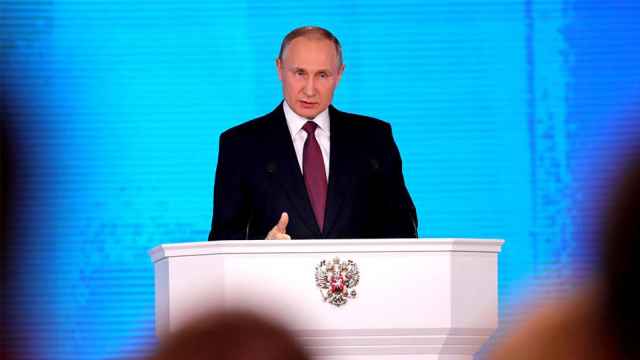An analyst working for Swedish government research institute has reiterated reports of a Russian underwater drone capable of carrying massive nuclear warheads outlined in a recently leaked Pentagon nuclear policy document.
According to the draft U.S. Department of Defense Nuclear Posture Review leaked this month, Russia is developing a “nuclear-armed undersea autonomous torpedo.”
A design of the weapon first appeared on state television in late 2015, weeks after U.S. media reported Russia was developing the weapon. The Kremlin called the nuclear-capable underwater drone’s appearance a security slip, while some observers said it as deliberate disclosure of Russia’s military capabilities.
The deputy research director of the Swedish Defense Research Agency’s Russia project on Monday was the latest analyst to confirm the existence of the underwater drone capable of carrying a nuclear warhead with a 100-megaton yield.
“This system effectively avoids the U.S. missile defense and I think that’s the main point,” Fredrik Westerlund was cited as saying by the Swedish broadcaster SVT.
Russia tested the so-called “Ocean Multipurpose System Status-6” in November 2016, according to a Washington Free Beacon report the following month that cited unnamed Pentagon sources. The Pentagon has nicknamed Russia’s undersea drone “Kanyon.”
The Pentagon plans to develop a new low-yield submarine warhead and a nuclear-capable cruise missile to deter Russia, according to the leaked draft Nuclear Posture Review.
Defense Secretary Jim Mattis has singled out Russia and China as Washington’s main adversaries in the first U.S. national defense strategy in a decade that revives Cold War-era “great power competition.”
Russia and the U.S. are locked in mutual accusations of violating a 30-year-old nuclear arms treaty that bans intermediate-range ballistic and cruise missiles.
A Message from The Moscow Times:
Dear readers,
We are facing unprecedented challenges. Russia's Prosecutor General's Office has designated The Moscow Times as an "undesirable" organization, criminalizing our work and putting our staff at risk of prosecution. This follows our earlier unjust labeling as a "foreign agent."
These actions are direct attempts to silence independent journalism in Russia. The authorities claim our work "discredits the decisions of the Russian leadership." We see things differently: we strive to provide accurate, unbiased reporting on Russia.
We, the journalists of The Moscow Times, refuse to be silenced. But to continue our work, we need your help.
Your support, no matter how small, makes a world of difference. If you can, please support us monthly starting from just $2. It's quick to set up, and every contribution makes a significant impact.
By supporting The Moscow Times, you're defending open, independent journalism in the face of repression. Thank you for standing with us.
Remind me later.






